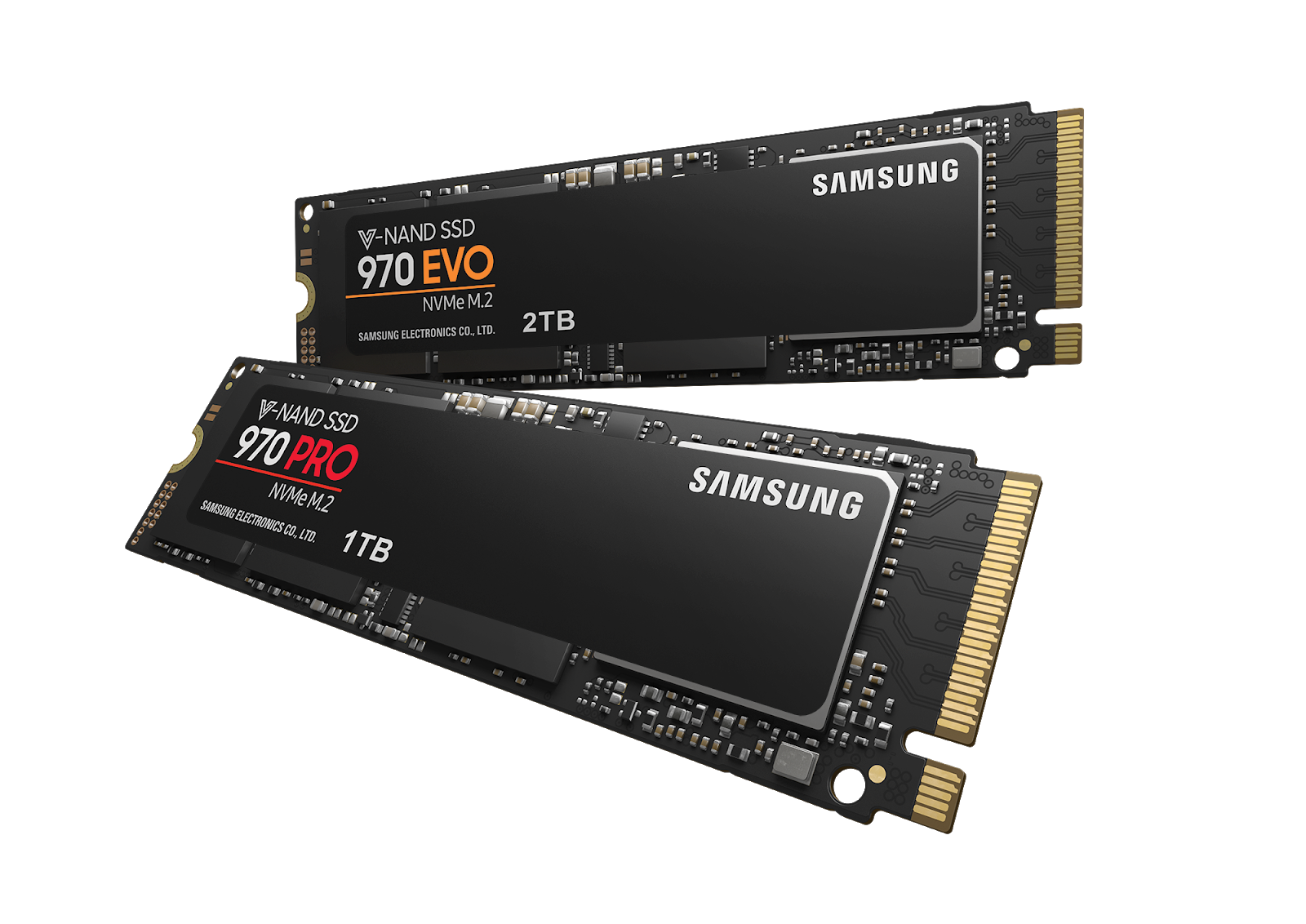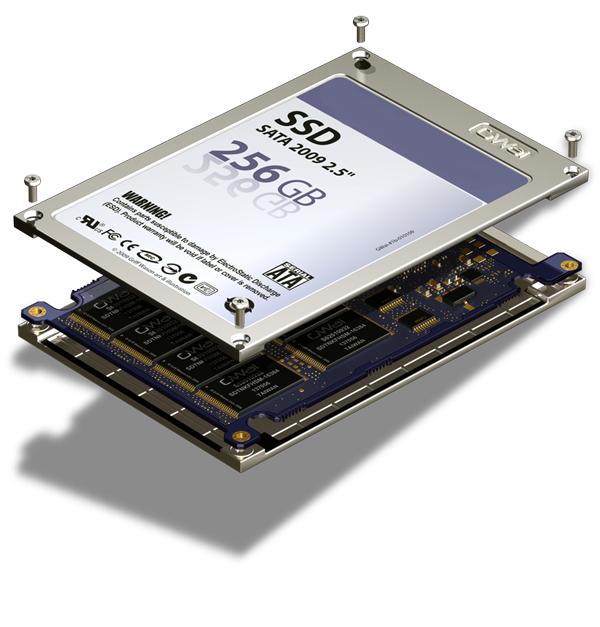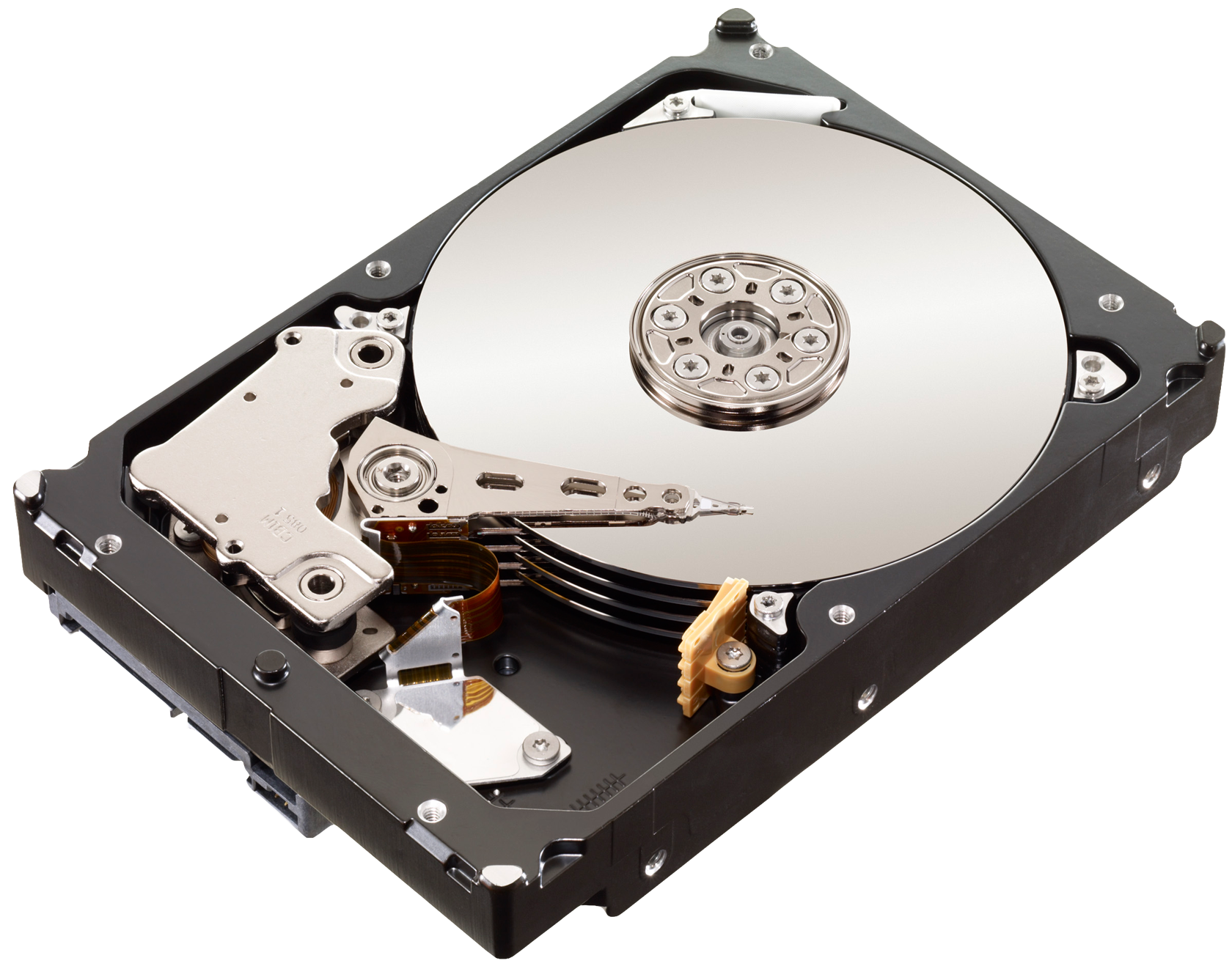Disk cleanup and optimization techniques
Enhance your computer’s performance with effective disk cleanup and optimization strategies. Learn how to free up space, organize files, and optimize your system for smoother operation.
The Importance of Disk Cleanup
Over time, your computer’s hard drive accumulates unnecessary files, temporary data, and system clutter. Performing regular disk cleanup is essential to maintain optimal performance and prevent storage issues. Effective disk cleanup not only frees up valuable storage space but also contributes to faster system boot times and improved overall responsiveness.
Key Disk Cleanup Techniques
1. Remove Unnecessary Files: Start by deleting temporary files, cache, and other unnecessary data. Use built-in tools like Disk Cleanup on Windows or third-party applications to identify and remove redundant files.
2. Uninstall Unused Programs: Evaluate your installed programs and uninstall applications that you no longer use. This not only frees up space but also reduces system clutter and potential background processes.
3. Organize and Archive: Take the time to organize your files and folders. Archive old documents, photos, and videos that you don’t frequently access. Consider using cloud storage or external drives for long-term storage of large files.
Optimization Techniques for Better Performance
1. Disk Defragmentation: Regularly defragment your hard drive to optimize file placement and improve access speed. On modern systems, automatic defragmentation is often enabled by default.
2. Update System and Drivers: Keep your operating system and device drivers up to date. Updates often include performance improvements, bug fixes, and enhanced compatibility.
3. Disable Startup Programs: Review and disable unnecessary programs that launch at startup. This can significantly reduce the time it takes for your system to boot up.
Best Practices for Disk Cleanup
1. Regular Maintenance: Make disk cleanup and optimization a part of your regular maintenance routine. Set reminders to perform these tasks monthly or as needed.
2. Backup Important Data: Before initiating major cleanup operations, ensure you have a backup of essential files. This adds a layer of security in case of accidental deletions.
3. Monitor Storage Usage: Keep an eye on your storage space and take proactive measures to prevent it from reaching critical levels. Addressing storage issues early can prevent performance degradation.
Conclusion
Disk cleanup and optimization are integral aspects of maintaining a healthy and efficient computer system. By adopting these techniques, you can ensure that your computer operates at its best, providing a smooth and responsive user experience.


